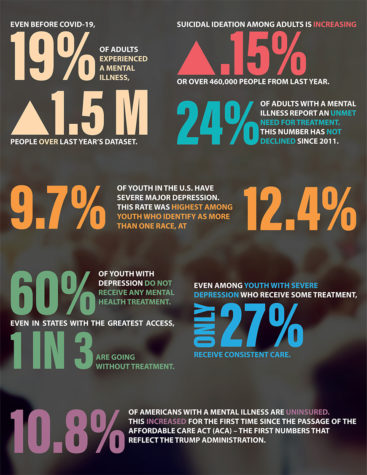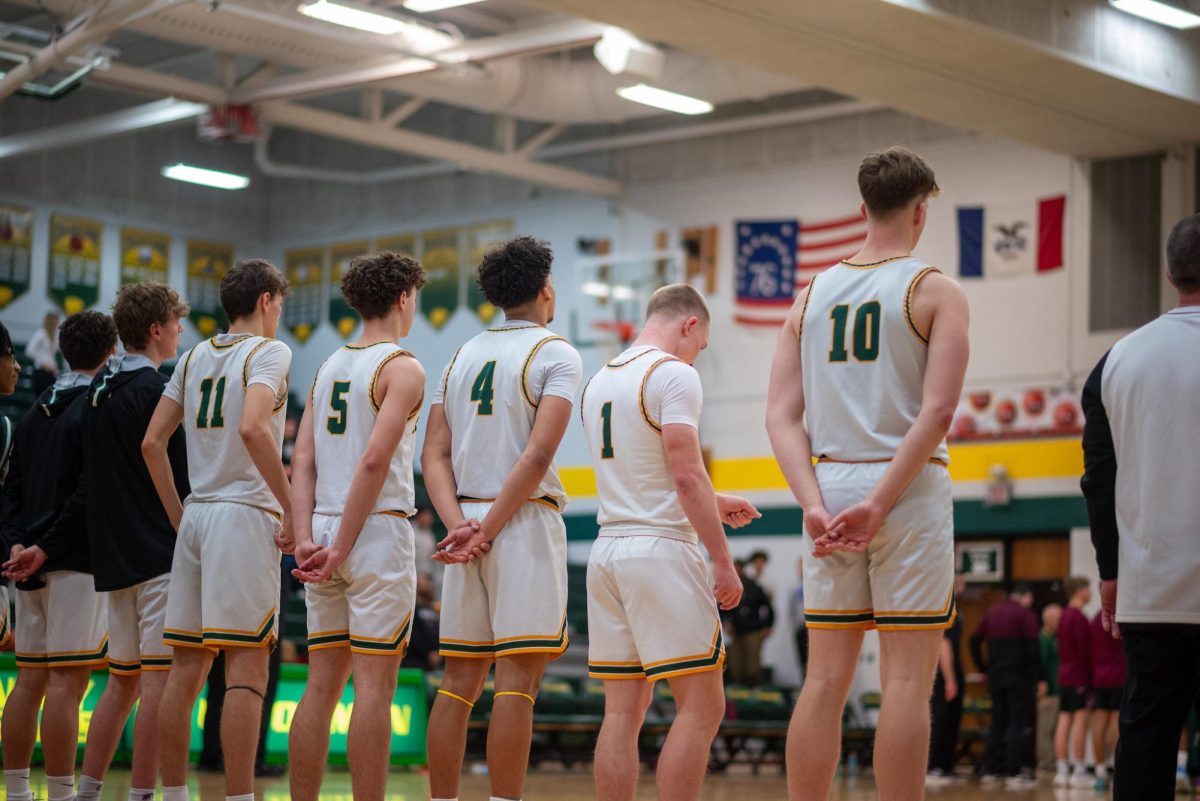Students’ Mental Health Matters
“Student” by UGL_UIUC is licensed with CC BY-NC-SA 2.0.
Students often feel overwhelmed by the amount of school work they receive.
June 4, 2021
53% of Iowa youth did not receive treatment for Major Depressive Episodes (MDE) in 2020 according to Mental Health America (MHA). Now, in June 2021, that number has likely increased after students discovered the pressure of the 2020-2021 school year.
The school system failed online students and their mental health in the pandemic. Especially since February, when students and staff returned to the building, they were not taken priority.
“The lack of socialization and communication, plus the assignments on an everyday basis really makes situations overwhelming. Since I don’t always have someone I can go to talk to, I often push aside my mental health and instead sit in front of the screen to do work hoping it’ll distract me from what’s really going on,” Rowan Hesford, fr., said.
Students noticed changes within themselves and their peers such as higher levels of stress, depression and anxiety. Many started going to counseling and developed unhealthy coping mechanisms.

A concerning decline in mental health showed through the past year. Anxiety screenings show peaks in anxiety and friends worry for each other. Overall, the mental health crisis has been getting worse.
According to MHA statistics, from the beginning of Covid-19, 178,000 people reported frequent suicidal thoughts. 37% having them more than half or close to every day in September of 2020.
Something needs to change, and it needs to happen as soon as possible. The mental health crisis will not get any better until we take action. This summer will be a breather. Once things start on their track to normal, we have to stand for each other. We have to encourage others to reach out when they need help, and give them the treatment they need. Getting back in the habit of checking up on each other is a doorway to getting real help.
Suicide Hotline: 800-273-8255



























